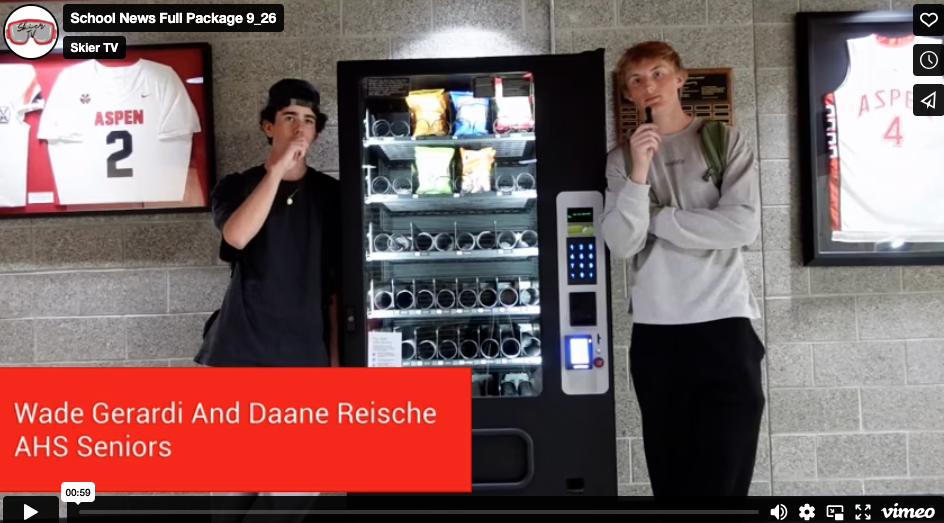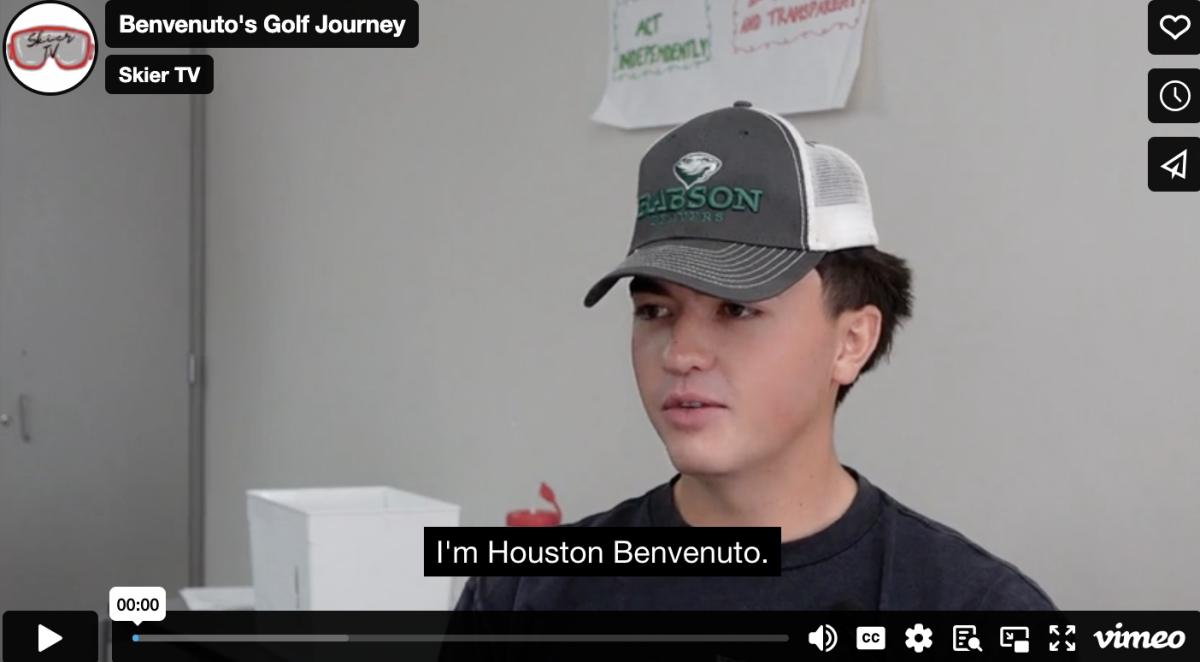Look for this article in the next issue of Mountain Parent Magazine.
It was the first day of summer and the end of my freshman year. I was at my best friend’s house, a place I have been to many times. The warm air was inviting enough that we all decided to take a bike ride, a small summer ride turned into trauma. When my head slammed on the road, unprotected by a helmet, everything went black. The adrenaline rushed through my body and allowed me to immediately get up, it also made me scream in pain and fear. After the accident I felt lucky, I had only suffered a minor concussion and mildly severe road rash (the worst part). Looking back I realize how important it is to wear a helmet and protect the very thing that makes you, you.
The Aspen Valley is home to the thrill of adventure, whether it is fearless skiers double backflipping off a jump or a mountain biker exerting all his strength to get to the top. But with these sports comes a risk of injury, specifically a head injury. According to the American College of Surgeons, More than a thousand people die, and 350,000 are seen in emergency departments annually due to Bicycle injuries in the US. Helmets reduce the risk of head injury by 48%, traumatic brain injury by 53%, face facial injury by 23%, and fatal injury by 34%. By putting laws in place for wearing helmets, states have seen a significant decrease in bicycle-related head injuries. Non-legislative and legislative educational programs have been shown to improve and increase the number of children wearing helmets.
Jill Kennedy, Aspen Valley Hospital Director of Trauma Services, has been appointed to lead A helmet program that gives families access to helmets for free. “There is community outreach and education, which the helmet program falls under. We have monthly trauma meetings, peer review, and a multidisciplinary meeting with all the Departments involved in trauma.” Kennedy said. Bicycle crashes have been seen to result in significant musculoskeletal and solid organ injuries related to blunt trauma and Road trauma. It is important to realize the signs of a head injury as they often can be viewed as something else; the most common symptoms of a concussion or head injury are a bad headache, confusion, and nausea/vomiting.
A lot of people don’t understand the serious impacts that can occur from not wearing a helmet in both skiing and biking. Aspen Valley Hospital’s goal is to make the public aware of it by offering free helmets to those who may not be able to afford them, but also showing people the consequences of even just biking down the street without a helmet. Aspen Valley Hospital and Jill Kennedy hope that the helmet program will provide the Aspen Valley Community with the resources they need to enjoy the outdoors and all it has to offer safely.
“Under injury prevention is community outreach, and because so much of our injuries are skiing related or bike related, they involve head injuries. The helmet program seems like the most obvious way to help our community prevent more serious injury because while wearing a helmet won’t always prevent major injury, it will certainly help”, Kennedy said.
While wearing a helmet in sports such as skiing and biking, it is just as important to protect your head as much as possible during other sports. According to the National Library of Medicine, Early analysis revealed that helmets with pneumatic padding within suspension liners were most effective at absorbing the high-intensity impacts that were of early concern. Helmet manufacturers have begun to design helmets specifically intended to protect against a concussion. According to USA Facts, In 2021, the CDC categorized 69,473 deaths in the US as TBI related.
When biking, especially in our Valley, choosing areas you feel comfortable in is vital, especially while exploring the beautiful Valley. “Choose something that matches your skill level, know your limits, and be alert to your surroundings, including traffic and Wildlife. It is also important to remember whether playing is a factor, so avoiding hazards such as rain and snow can also help your safety.



























